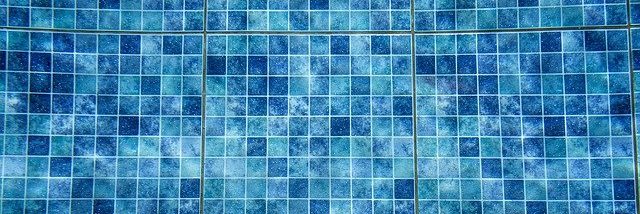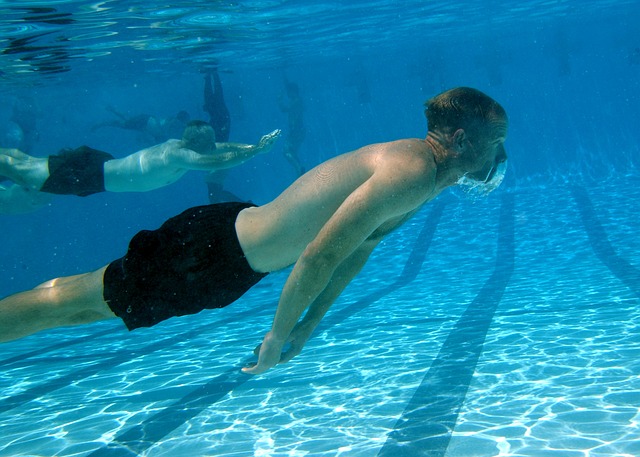Pool filter systems are an integral part of pool care. They help keep your pool clean and healthy, and they can also reduce chemical use by up to 50%. You need to know about pool filter systems to make the best possible choice for you and your family. Find out the different types of filters available, how often you should be changing them, what size system is suitable for your pool, and some tips on keeping it running efficiently.
All about pool filter systems
Why do we need a pool filter system?
Pools need to be filtered because they can become dirty from various sources, including algae, dirt, and debris. These types of particles left unchecked could cause some severe problems for pool users, including skin irritation and eye infections.
Filters also help maintain chemical levels in the water, which is an important factor when considering health benefits and savings that come with reduced use of chemicals by up to 50%.
All pools should have filters that are sized correctly for their individual needs according to the size of your pool’s surface area as well as its depth at one point along its edge. What is the best type of filter system?
Types of pool filter systems
There are two types of pool filter systems: sand and cartridge. Almost all pools with a single pump use the sand filter, while those with separate booster pumps for sanitation tend to be equipped with cartridges.
Sand filters
Sand filters need to be emptied about once every six months to keep them running smoothly. The timing can vary depending on how often you go into your pool or if you live near the beach, but it’s important not to wait too long before emptying one as these types of filters will clog easily without regular maintenance.
Cartridge filters
Cartridge filters should also be checked regularly, although they don’t require an extra step like emptying the contents, so cleaning is more simple and straightforward – rinse off any dirt collected over time under the tap.
The cartridge filter can be cleaned and used again more often than the sand type. Cartridge filters need monthly maintenance but will still clog if not used for a long time or without regular cleaning cycles.
Pool Filter System tips
One thing that can help keep your pool as clean as possible is using ozone in addition to filtration; this process cleans water from all sides by destroying organic matter with an ionizing chemical reaction at the molecular level. This helps protect against algae growth because it eliminates natural food sources like nitrates and phosphates, which are needed for these organisms’ survival. Ozone also removes chlorine odor better than chlorine alone does.
How to change a pool filter
Once the filter has reached an end of service life, it will need to be replaced. The filters are usually changed out around every 12 months or after 25-30 cycles. When opening up a pool pump and replacing the old filter with a new one, do not forget about securing the gasket to ensure there are no leaks.
Regularly scheduled pool cleaning is essential because it removes dirt and debris that can affect water quality from soil particles like pollen which may find their way into your swimming area despite careful landscaping work. It also helps remove bacteria that leak through cracks on walls within pools and any chemical imbalance caused by improper balancing of chlorine levels.
Are pool filters expensive?
Pool filters are not too expensive. They can range from $20 to more than $100 for a pool pump filter cartridge or belt, the most common replacement parts on your pool equipment. The cost of installation varies depending on the type and size of the pool and whether you need to have a new system installed or need replacements parts fixed.
What should I know about my water?
The following list includes items that may come into contact with your water: chlorine bleach, copper sulfate, muriatic acid, and bromine tablets. These substances will either maintain pH levels in pools (chlorine), provide algae protection (copper sulfate) or prevent bacteria growth by killing them off (bromine).
What are the best pool filter brands?
- Hayward Pool Products
- Pentair Pool & Spa Systems
- Sta-Rite Pool Filters
- Zodiac Inground Pools and Spas Ltd.
What pool filter should I buy?
The answer is to talk with a local pool expert who can offer you personalized advice on the type of pool system that would be right for your region, budget and needs. When selecting a pool filter, the most important factor is your water hardness levels, as they will help determine the types of filters available to you (sand vs diatomaceous earth).
That said, if there’s no one around who wants to chat about pools, then here are some general guidelines:
Filter size
Choose based on the square footage of your pool. The most common are the 30-inch, 36-inch and 48-inch sizes.
Filter type
Choose based on water hardness levels: sand filters for hard water (above 150 parts per million), diatomaceous earth for moderately hard to soft water (<150 ppm). DE filters need a lot more maintenance than sand but have some advantages, such as being more accessible to service.
You may also want to consider cartridge or bagless filter systems that offer better filtration with less effort required from you in their ongoing care; these will typically be more expensive upfront though they do save money over time due to lower energy costs and replacement frequency.
The right pool filter is an investment that can provide you with years of value.
Also find out more about:

